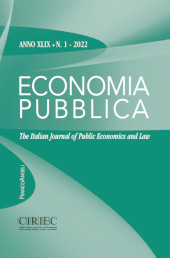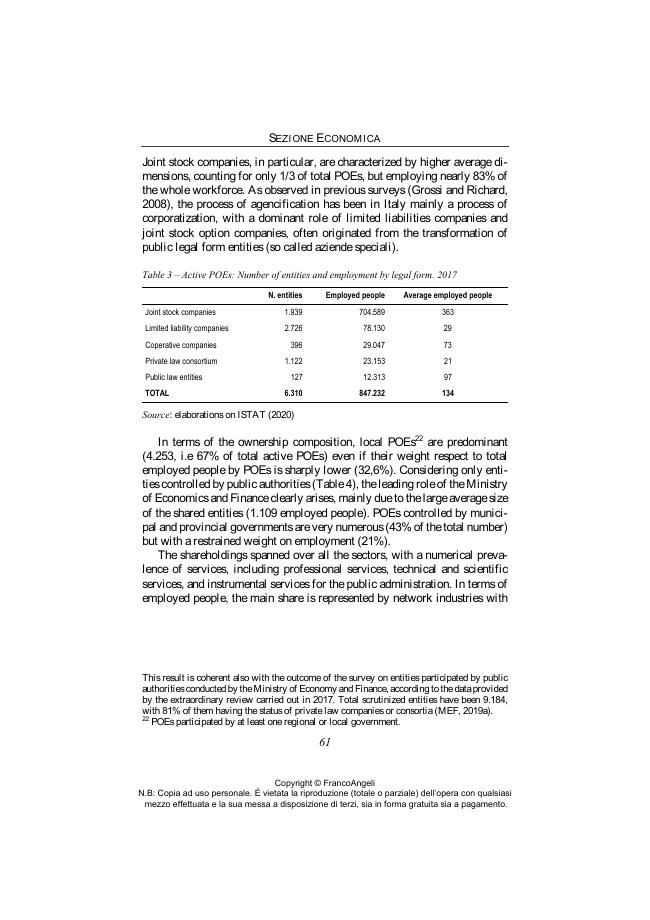Accountability, anti-corruption, and transparency policies in Public owned enterprises (POEs) : the case of Italy
43-78 p.
The paper depicts, in the Italian case, the interconnections between two themes: bribery and anticorruption policies, on the one hand, and the role of public controlled entities, on the other. Italy turns out to be an interesting case study because, on the one hand, it is among the worst performing countries in the G7 and the EU members in terms of corruption and, on the other, it has experienced a strongly proliferation of Public owned enterprises (POEs) during the last two or three decades, involving nearly all activity sectors of the economy. This process is deemed to have weakened the chain of control on shared units, delegating relevant financial and political decisions to a milieu of ambiguity and uncertain accountability (the 'escape' argument). A progressive change of direction occurred more recently, when corporatized public enterprises have been submitted to specific and increasing limits, including transparency and anticorruption policies.
The anticorruption package, adopted in Italy starting with 2012, has promoted important steps in this direction, yet the effects of these new measures have not been resolutive, and many challenges are still open. [Publisher's text].
Forma parte de
Economia pubblica : XLIX, 1, 2022-
Artículos del mismo número (disponibles individualmente)
-
Información
Código DOI: 10.3280/EP2022-001004
ISSN: 1972-5566
KEYWORDS
- corruption, public owned enterprises, corporatization, hybrid organization, Italian case study



